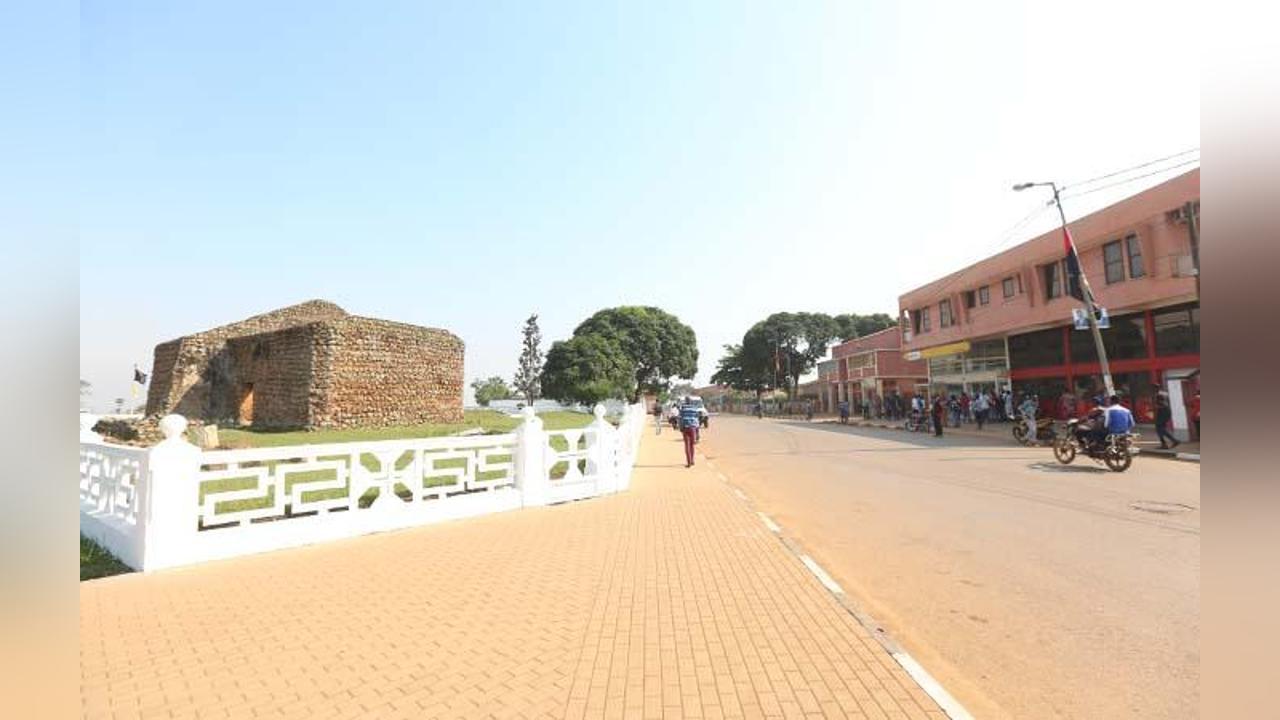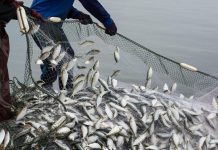Africa-Press – Angola. The need to promote community education campaigns on the role of the guarantor judge, a new figure in the Angolan legal system, was suggested Monday in Mbanza Kongo, province of Zaire.
The suggestion is expressed in the final communiqué of a conference on the theme “the figure of the guarantee judge and his functional relationship with the criminal police bodies in guaranteeing the rights of citizens”.
According to the final communiqué, this Tuesday, knowledge about the role of the guarantee judge by the population would avoid possible misunderstandings and would allow citizens to better defend their rights.
On the other hand, the participants also suggested extending the deadline for presenting detainees to the guarantee judge, currently set at 48 hours, since four of the six municipalities in the region lack the presence of this legal figure.
According to the participants at the conference, the Public Prosecutor’s Office and the Criminal Police bodies encounter difficulties of various kinds to, within 48 hours, present the guarantee judge withholding detainees in areas of difficult access.
The participants mentioned that the release, by law, of a citizen who has committed a heinous crime can result in justice being taken into their own hands, thus putting the presumed perpetrator at risk of life.
By the way, they urged the Provincial Government to include construction projects, rehabilitation and equipping of residences for guarantor judges in all municipalities of the province.
The conference was promoted by the Provincial Delegation of Justice and Human Rights, in coordination with the Ministry of the Interior.
The province of Zaire has only five guarantee judges, three in Mbanza Kongo and two in the municipality of Soyo.
Missing are the municipalities of Cuimba, Nóqui, Nzeto and Tomboco, so the conference suggested the increase of at least 20 guarantee judges to respond to the demand.
The event was attended by members of the Government, representatives of defense and internal order bodies, judicial and public prosecutors, traditional and religious authorities, academics, members of civil society, among other figures.
For More News And Analysis About Angola Follow Africa-Press






